Following the June 24 multi-tier elections in Sierra Leone, the incumbent President, Julius Bio, was re-elected for a second term. Bio, who polled 56.17% of the vote, was able to avoid a presidential runoff, amidst a first term of run-away inflation, sky-high cost of living, and an unmentionably weak currency.
More than 60% of Sierra Leone’s over seven million population live in poverty, mostly as a result of youth unemployment, which is one of the worst in Africa.
Join our WhatsApp ChannelThe opposition All People’s Congress (APC), following the June 27 results announcement, quickly challenged the polls outcome. The APC’s presidential flag bearer, Samura Kamara, whose vote tally was 41.16%, said on his Twitter handle: These results are NOT credible and I categorically reject the outcome as announced by the electoral commission.”
READ ALSO: Osinbajo Leads Commonwealth Election Monitors In Sierra Leone
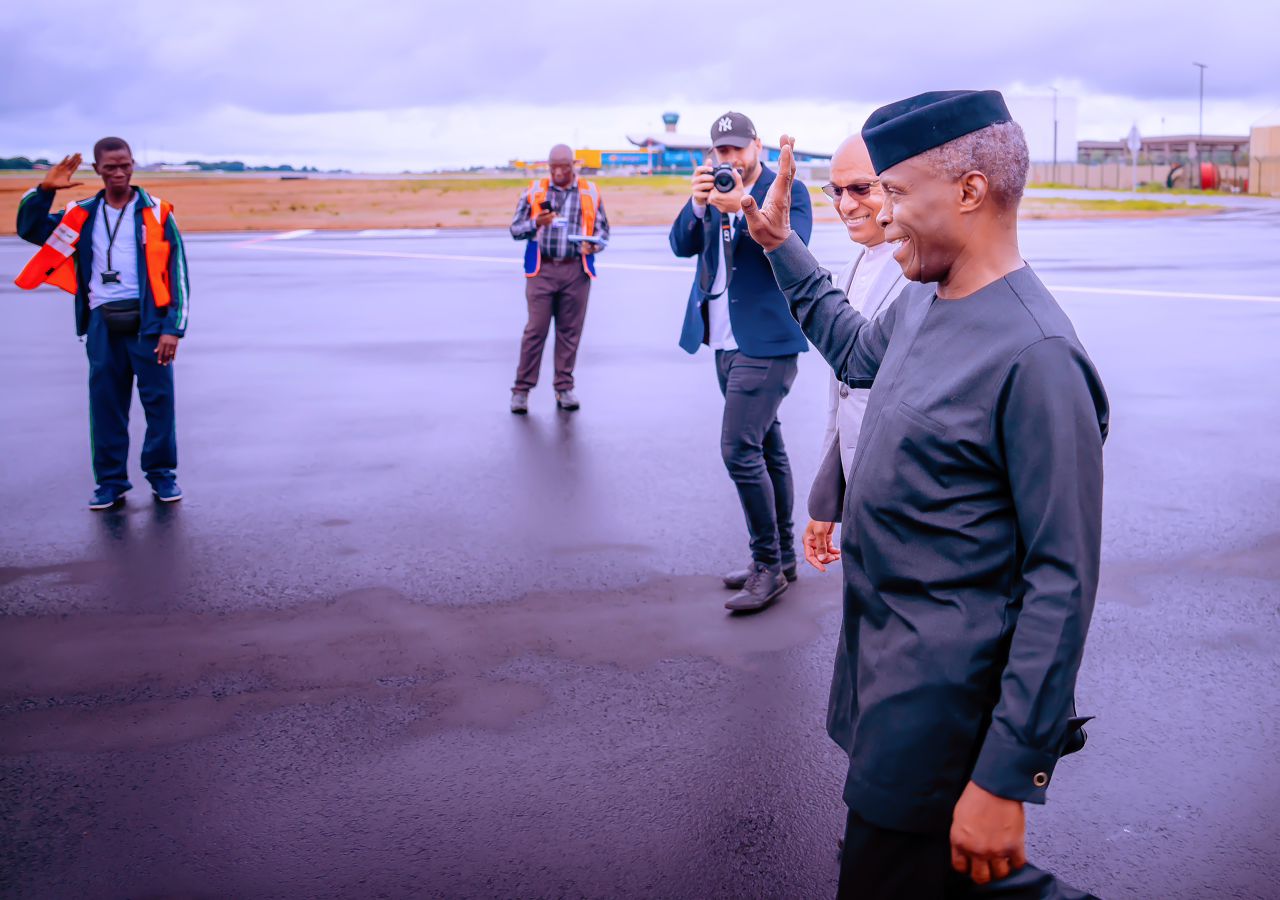
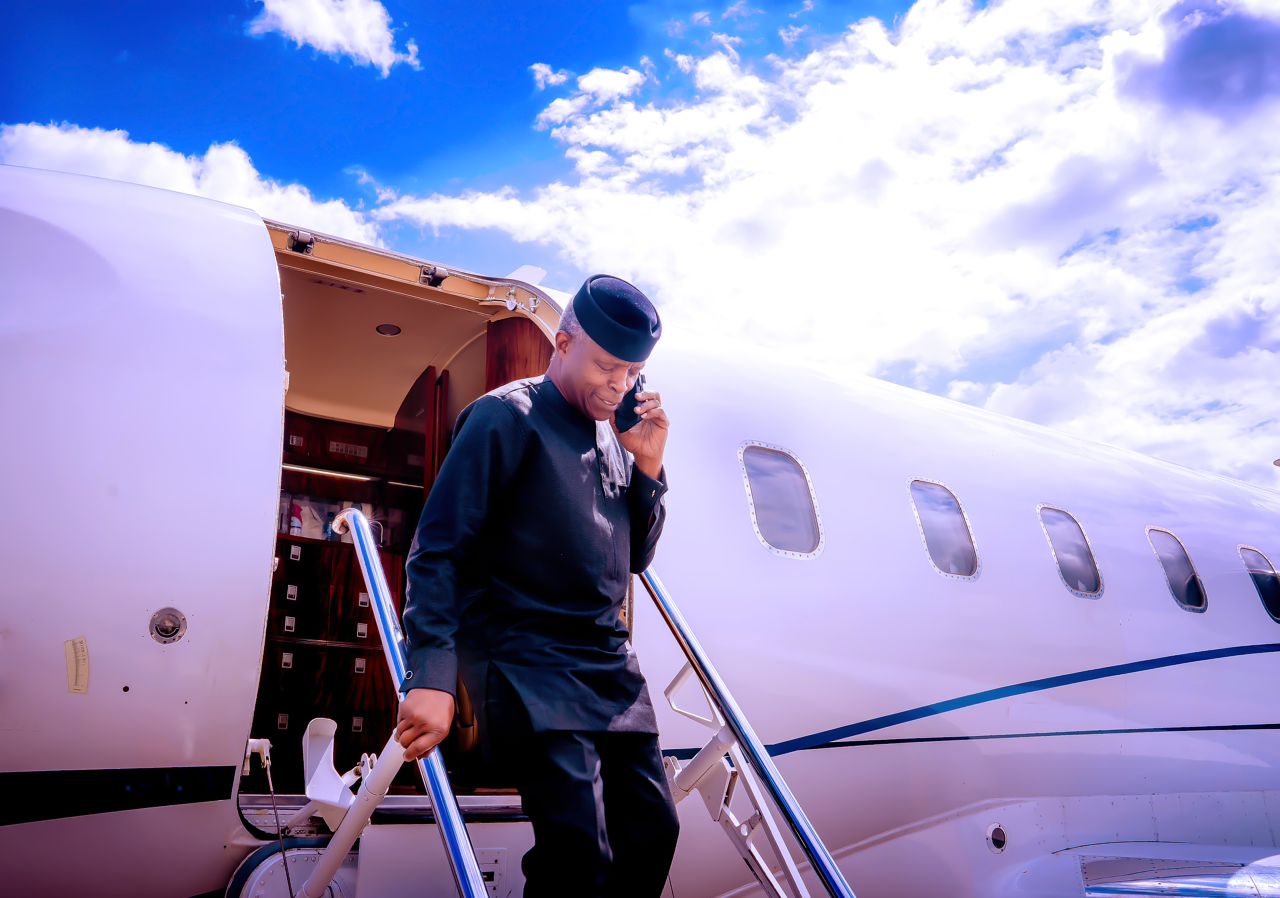
Immediately following the elections, leader of the Commonwealth observer group and Nigeria’s immediate vice president, Yemi Osinbajo, generally hailed the conduct of the polls. He also referred to some challenges, which were hugely similar to Nigeria’s February 25 presidential elections. Osinbajo reeled out logistical problems such as late delivery of materials to voting centres, late opening of polling centres, gaps in the levels of electoral transparency, low trust in the electoral process, the electoral body and key institutions such as the judiciary.
The post-election report of the observer group also faulted the tallying process leading up to the final results. The group remarked: “We note with concern, based on our observations and various reports that there is a lack of clarity around the actual procedure for tallying leading to charges of lack of transparency. We noted with concern statements that are being made by some political parties, pre-empting the official results announced by the electoral commission.”
The report called attention to the long-running promises of the Electoral Commission for Sierra Leone (ECSL) to deliver a free, fair and credible polls. The statements credited to the ECSL were much similar to what was long heard from Nigeria’s Independent National Electoral Commission (INEC). In both cases, local and foreign observer groups praised the conduct of the elections, yet gave highly damaging reports of costly delays in opening the ballots, violence, fraud, disenfranchisement, and lack of transparency in vote tallying.
In Nigeria’s case, INEC promised severally that it would deploy technology in results collation, uploading to the internet, and tallying. The body failed to do this, and has been defending its action at the elections petitions tribunal, arguing that internet connectivity failed on the Election Day.
The paradox of the more you look
That’s the fate of African elections, which are often reported as free and credible, yet the results are always disputed. In 2017 and 2020, Kenya’s and Malawi’s Supreme Courts demonstrated rare courage in nullifying presidential election results of Uhuru Kenyata and Peter Mutharika respectively. But for these two cases, the over 80 hotly contested elections in 44 African countries since 2011 were upheld by the top courts in favour of the incumbents. In fact, unlike in Malawi, Uhuru Kenyata later won the Kenya presidential rerun.
In Sierra Leone, there is mounting pressure on the ECSL to make public its results tabulation procedure and the results of the polling stations. The European Union Election Observation Mission (EOM) in Sierra Leone noted: “Voters’ Commitment to a democratic process [was] challenged by violence and lack of transparency at critical stages of elections.” Central African Republic, Kenya, Malawi, Congo DR, Nigeria, Chad, Ethiopia, Libya, Benin, Senegal, Zimbabwe, Liberia, Burundi, Ghana, Gambia, etc., have become notorious for mighty electoral irregularities that still had winners.
Unfortunately, however, there is a paradox in the reports of election observers, many of whom come from advanced democracies. Sometimes it looks as if they pay lip service to strengthening democracy in Africa. Most of the reports hail the democratic process, make reference to democracy in Africa as fledgling and as being works in progress. They show support (sometimes tacit) to winners of disputed elections, yet cry foul about a lack of transparency in the electoral process. Their reports are curious ironies of free elections that are not fair and credible. In what has appeared to be selective perception, it is taken that the level of irregularities is not enough to invalidate the outcome disputed polls.
In Nigeria and Sierra Leone, there are ongoing calls to avoid violence, to shun another path to civil war, to embrace national unity, and to strengthen key institutions such as the judiciary and the media. Sadly, in much of Africa, incumbent regimes destroy all of these institutions and peace markers, only to seat on stolen mandates to call for peace. Instead of peace, the outcome has been instability, spending entire terms seeking the legitimacy to govern, insecurity and high-level distraction to the process of governance.
Table 1: Deaths Due to Election Violence In Africa
S/N Country Election Year Number of Deaths
1 Angolan 1992 2000
2 Ivory Coast 2010 3000
3 Kenya 2007 1500
4 Ethiopia 2005 200
5 Nigeria 2011/2023 800/24
6. Congo DR 2011/2019 24/150
As the costs mount, election observer missions should be more meaningful
Election disputes and associated violence in Africa have led to the deaths of over 10,000 people in the last decade. Nigeria has recorded over 2000 election related deaths since 2011, when 800 people died in a post-election violence. This calls for more effort by African countries to strengthen key institutions like the media and the courts.
The two are key because if they are free and professional, they will always work to stop electoral malpractices, promote democratic values and protect the independence of election commissions.
Monetization of the political process, official corruption, religious and ethnic politics, use of thugs, personalization of political institutions, proliferation of arms, non-professional use of law enforcement agents, etc. are the anomalies that must be addressed prior to elections. The observers should make recommendations to the United Nations, which must be seen to be serious about resolving the problems. If not, the irony of free and faulty elections will continue in Africa. Opposition groups are often accused of undermining the political process, antagonizing the incumbents and engaging in disinformation and conspiracy.
To avoid these issues, developed country observer groups should show more commitment to democratic ideals. They should begin their observations long before elections and work to correct anomalies, including accusations about foreign interference and support for despots in resource-rich countries. Such support is seen in subsisting monarchies, oligarchies, and perpetual, hugely unpopular, ageing candidates (e.g. Cameroon).
Dr Marcel Mbamalu is a veteran journalist, Editor and Publisher of www.primebusiness.africa
Twitter: @marcelmbamalu

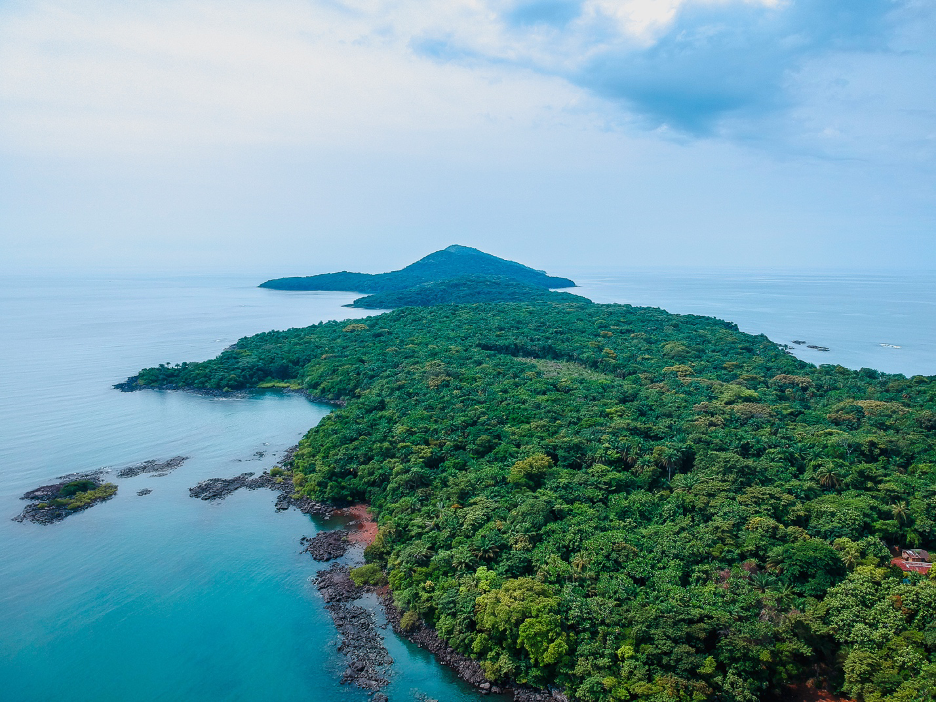




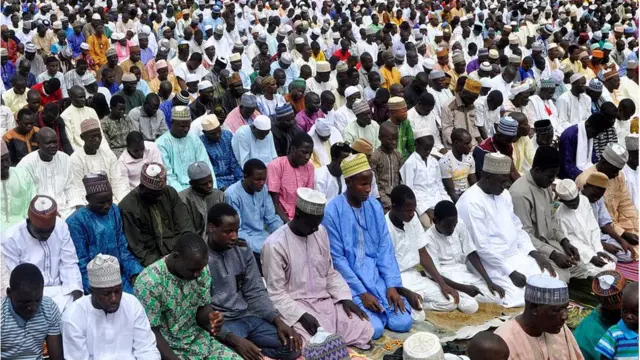








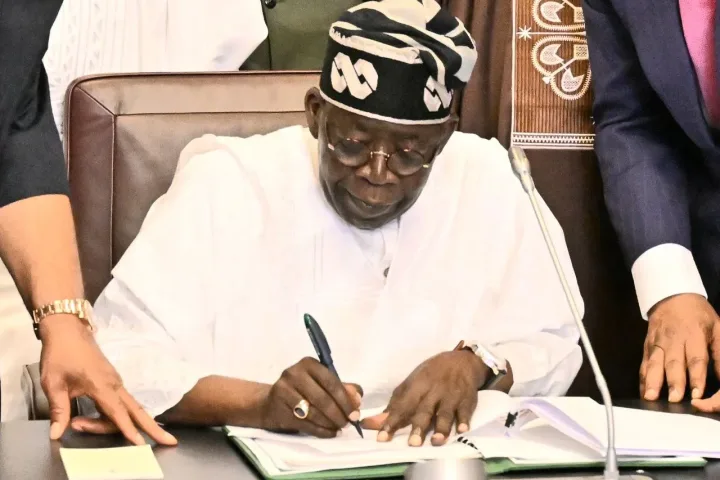
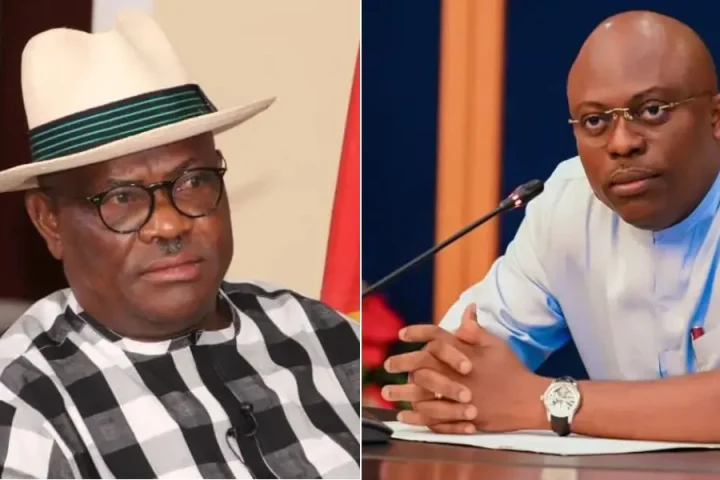
Follow Us